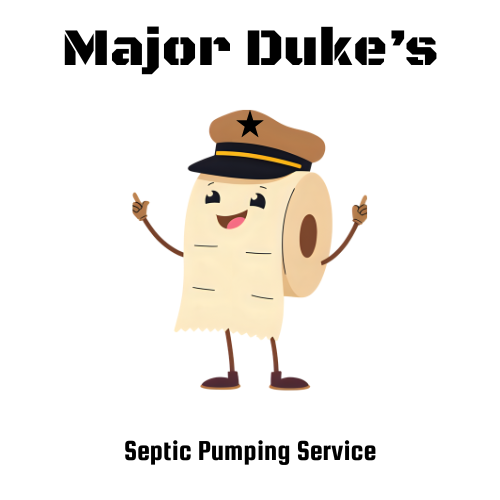FAQs
Can heavy rain affect my septic system?
Yes. Excess water in the drain field can prevent proper wastewater absorption, leading to backups.
Can I use a garbage disposal with a septic system?
Technically yes but, it’s best to limit or avoid using one, as food waste adds solids that can quickly fill your tank.
How do I know if my septic tank needs to be pumped?
Signs include slow drains, foul odors, gurgling sounds in plumbing. In extreme cases there will be water backing up into the home or wet spots in your yard above the drain field.
How much does it Cost to have my tank pumped?
We charge by the gallon to pump septic and grease tanks. Pumping rates are determined by the total amount of gallons pumped. Larger tanks get lower prices per gallon.
Do septic additives help?
Most septic systems work fine without additives. Pumping and proper care are far more effective for maintenance.
How long does septic pumping take?
Usually 30 minutes to an hour, depending on tank size and accessibility.
How often should I pump my septic tank?
On average, every 3–5 years. The exact frequency depends on your household size, water usage, and tank capacity.
What happens if I don’t pump my septic tank?
Solids will overflow into the drain field or impede flow into the tank, causing clogs, backups, costly repairs, and eventually system failure.
What should I avoid putting down the drain to protect my septic system?
Avoid flushing wipes (even “flushable” ones), grease, feminine hygiene products, paper towels, and limit using harsh chemicals like bleach.
Do I need to locate my septic tank before you arrive?
It helps speed up the process, but we can locate it if you’re unsure—just let us know ahead of time.

